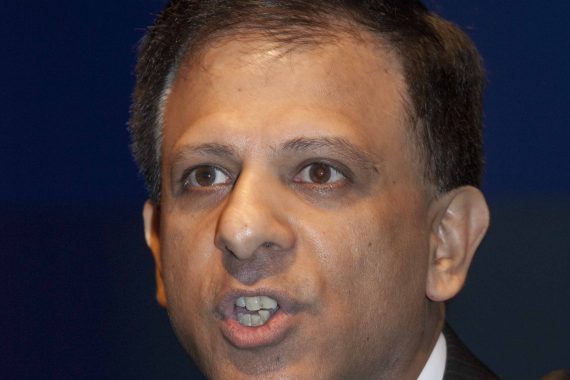The GPC has advised GP practices to be wary regarding relinquishing their national GMS or PMS contract in favour of the new voluntary contract being developed by NHS England.
It said practices should ‘not feel pressured to make any hasty decisions at this stage’ and should work with LMCs to propose how they should participate in the ‘multispecialty community providers’ (MCPs) while retaining their current contract.
The GPC published its advice in response to NHS England’s MCP contract briefing published last month, which gives the first indication on how the new models of care – the organisations that will provide primary and secondary care – will be paid.
The advice said: ‘We have consistently argued that participation in, and the success of MCPs does not logically depend on practices moving away from their standard contract, since the wider integrated delivery of services sits above the core contractual responsibility of practices.’
There are three levels of the new voluntary contract: a loose alliance type contract, where practices will retain their GMS/PMS contract and provide certain services; a ‘partially integrated’ MCP contract, where GPs retain their GMS contract alongside the MCP contract; and a fully integrated contract, where GPs give up their GMS/PMS contract.
Specifically, the GPC has concerns that the ‘fully integrated’ MCP contract model described in NHS England’s plan would lead to a watering down of the nationally-negotiated GMS contract in the long term.
This model would see GP practices enter into time-limited 10-15-year deals under which they will provide primary, community and some secondary services and enter into a ‘gain/risk share’ for acute activity, meaning they could lose money if they don’t cut down on admissions.
Practices who sign up to this will see their GMS or PMS contract ‘suspended’ during the MCP contractual period, but they will have a right of return to the national contract.
In reality, the GPC warned, extricating a GP practice from the MCP model was ‘likely to be far less straightforward’.
The GPC advice said: ‘It is vital that NHS England has recognised this is one of three MCP type models. Whilst the MCP contract is currently aimed at being voluntary and, in the short term will only affect practices within the area of one of the six MCP pilot sites, there exists the possibility now or in the future that practices may feel pressured into signing up, either by commissioners or as other practices in the area have already done so.
‘If your practice does feel uncomfortable with proposals being put to them, you should contact their LMC or the BMA for advice. GPC will be producing further guidance once details of the full MCP contract are confirmed.’
NHS England is expected to publish the full MCP contract framework by the end of September.

















